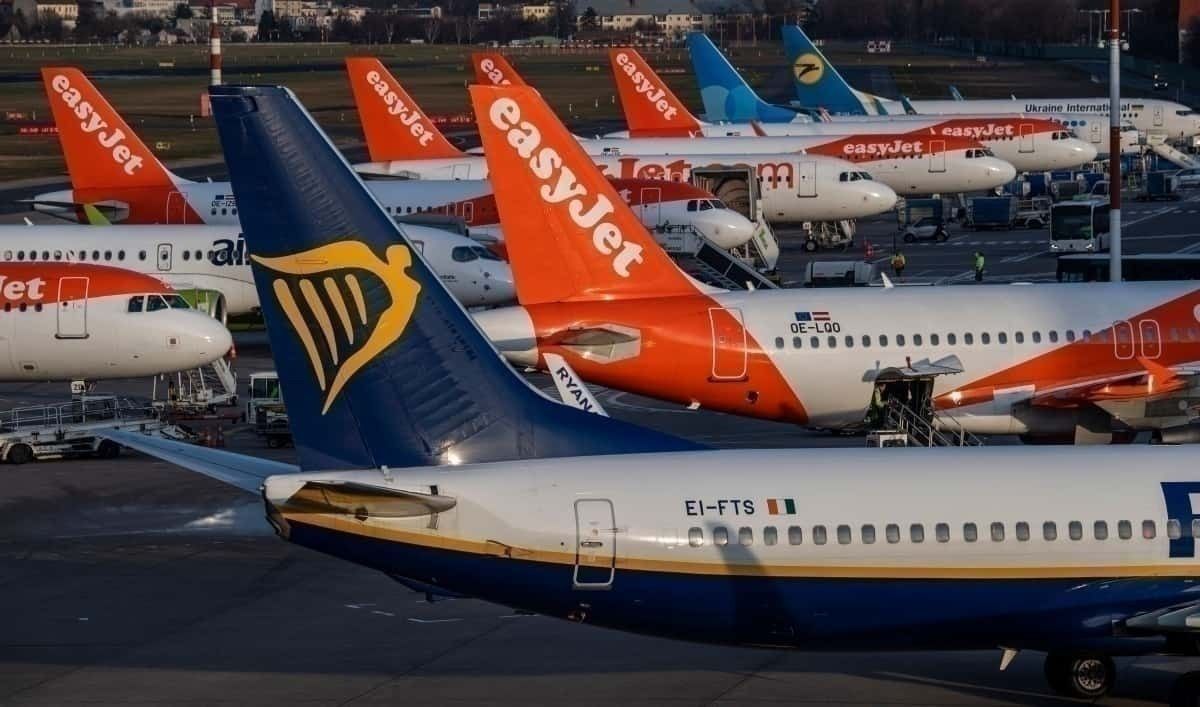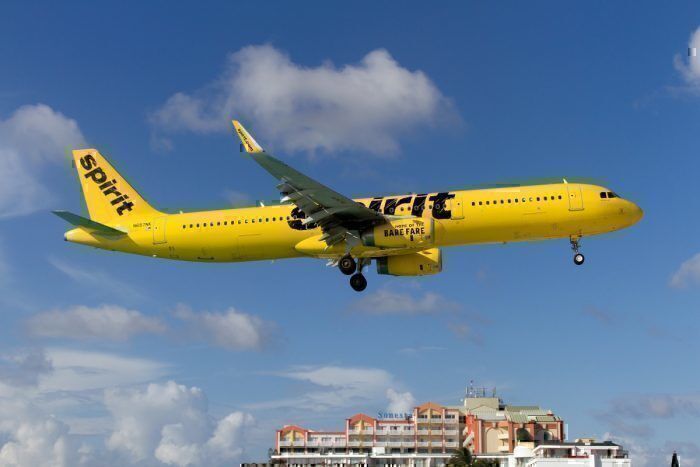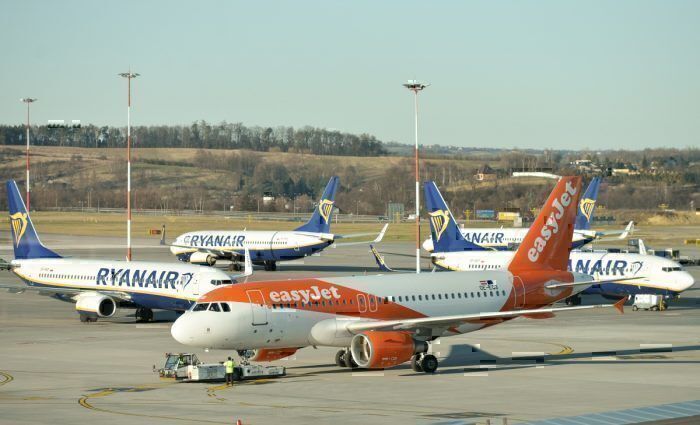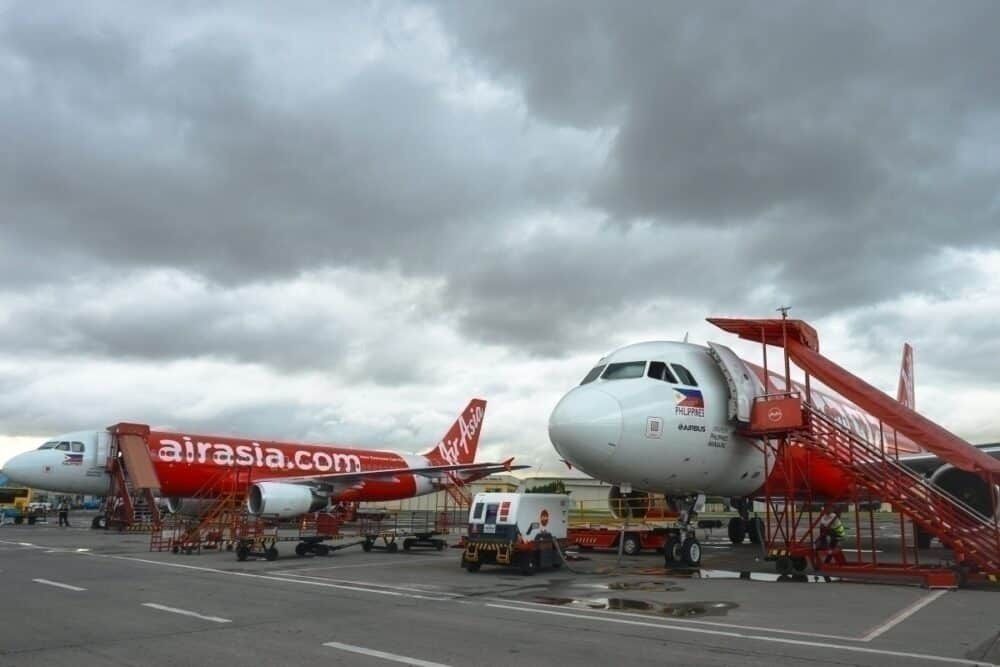The Director General of the International Air Transport Association (IATA), Alexandre de Juniac, believes that social distancing will end cheap travel. This is according to statements made at a briefing on April 21st. His rationale is that, with fewer seats available, it means that airlines will have to increase prices to turn a profit.
Statements from Alexandre de Juniac
According to FlightGlobal, IATA Director General de Juniac ran through his rationale as follows. First, following the guidelines of social distancing, airlines are starting to block middle seats to give passengers more room. Take a traditional 737 or A320 with a six-abreast, 3-3 configuration. Blocking middle seats means two out of every six seats in a row are unavailable for sale. Or, one-third of the aircraft.
According to de Juniac, break-even on short-haul flights require occupancy of about 70% or more. Cutting 33% of an aircraft's capacity puts airlines under that break-even point. With traditional prices, that would have airlines operating at a loss. While full-service carriers can lean slightly on premium customers from long-haul flights, low-cost carriers will face the brunt of this.
This is because low-cost carriers will have to increase their prices to sustain the reduced capacity. de Juniac theorizes a 50% increase in tickets for airlines to turn a "minimum profit." Which, for passengers, means higher fares even onboard low-cost carriers.
How could low-cost carriers respond?
Raising fares would largely go against the entire idea behind low-cost carriers. In addition, it could lead to many people being shut out from travel due to the economic consequences of the coronavirus pandemic.
Some low-cost carriers are taking different stances. EasyJet has announced that it would block out middle seats when flights resume. Meanwhile, Ryanair's boss has branded social distancing as "nonsense."
Social distancing on a plane is hard. On a low-cost carrier, the cabin configuration is dense, and blocking middle seats does not come anything to close to guidance stating people should keep two meters (six feet) of distance between them.
Another issue here is that this is mostly uncharted territory for airlines. There is no playbook for airlines to react to a pandemic that has brought new terms like social distancing into the vernacular. This leaves airlines a little short on options. One reality could be for low-cost carriers to reject the idea of social distancing and keep operating like normal. This move would primarily be one to keep fares low and the decision of whether to travel or not in the hands of passengers, although some passengers may end up on a full flight.
One factor in this, however, could be the guidance of local health agencies. Many are still advocating for social distancing. But, if they mandate it on a flight, airlines may have to take measures to comply and, thus, likely increase fares or ancillary fees (or both).
Overall
Most low-cost carriers will likely try to stick as close to normal operations as possible in order to maintain low fares. Perhaps, passengers could pay extra to have an empty seat next to them. This may change, however, if governments and passengers continue to push for social distancing and force airlines to respond in kind. But, Director General of the IATA, Alexandre de Juniac, has laid out his view on how social distancing will impact fares.
Do you think de Juniac is right? Let us know in the comments!





